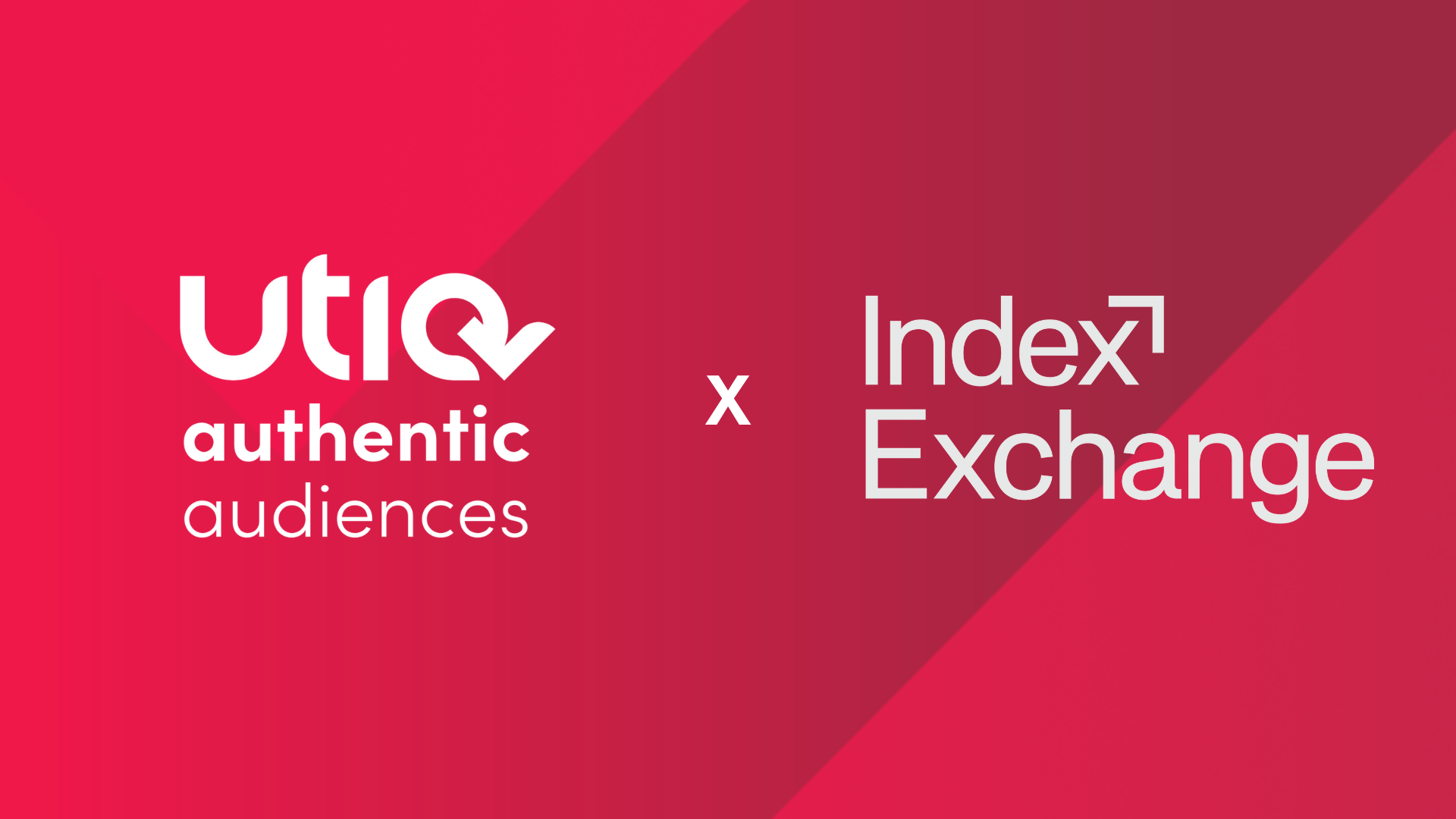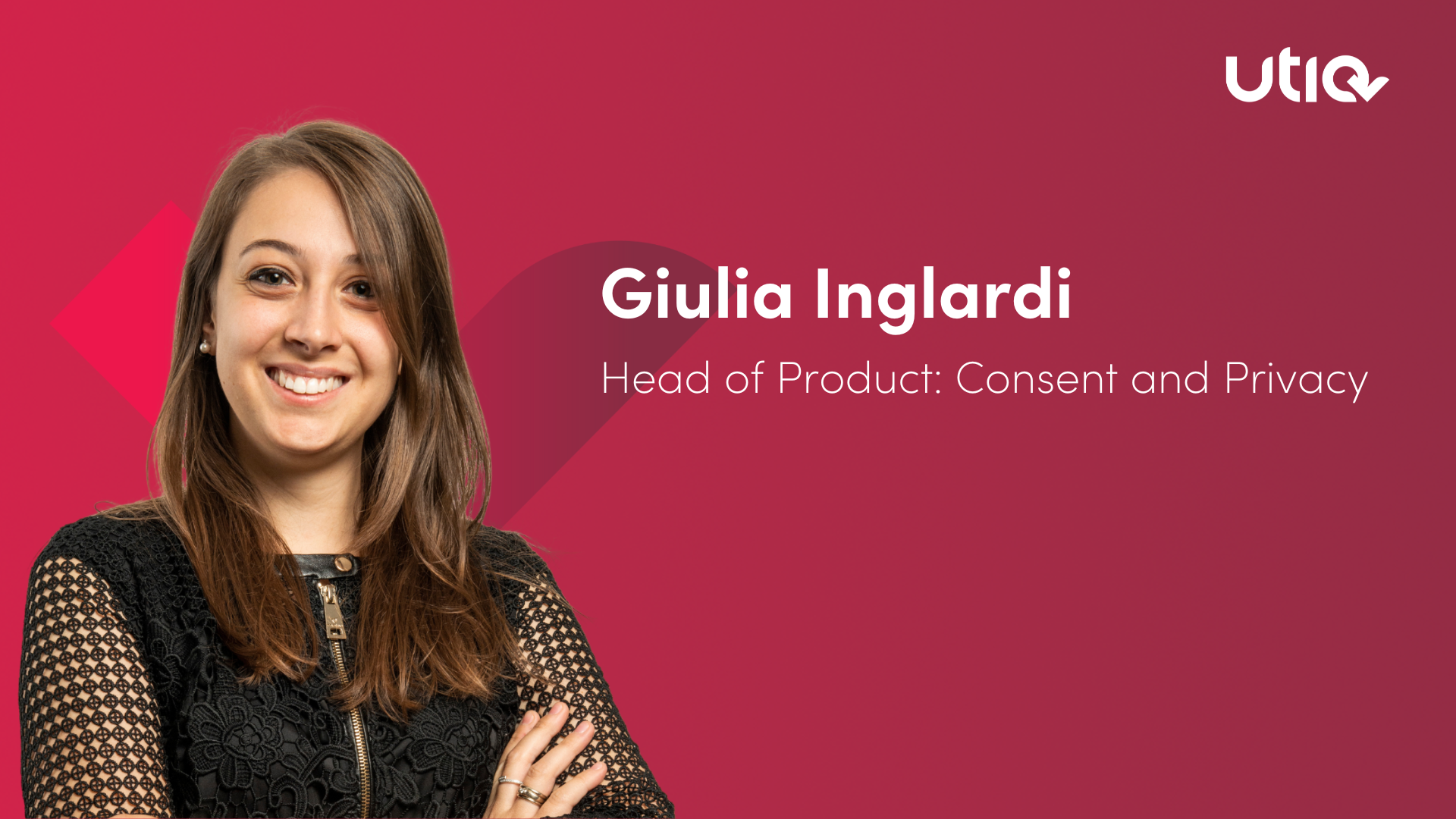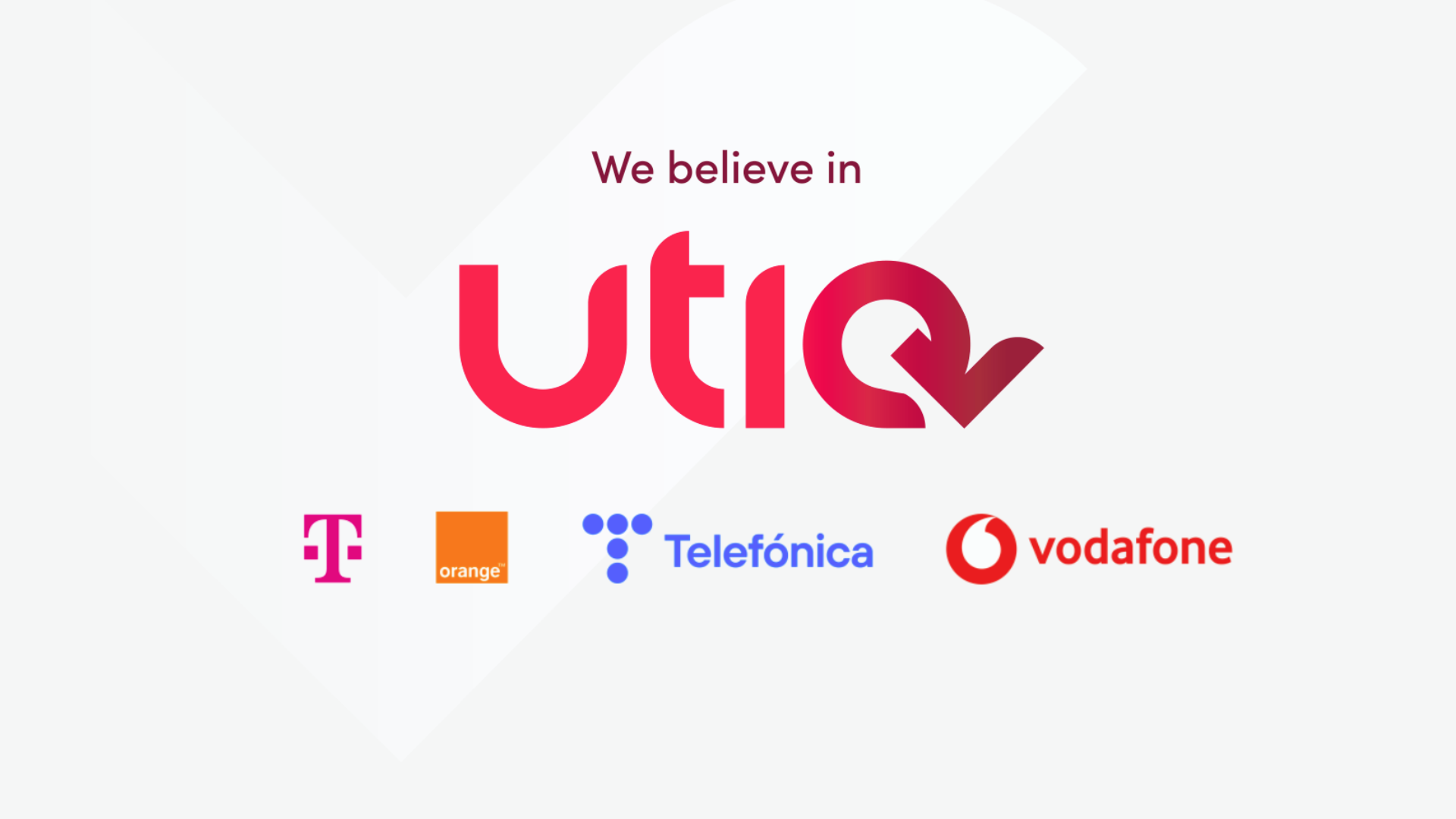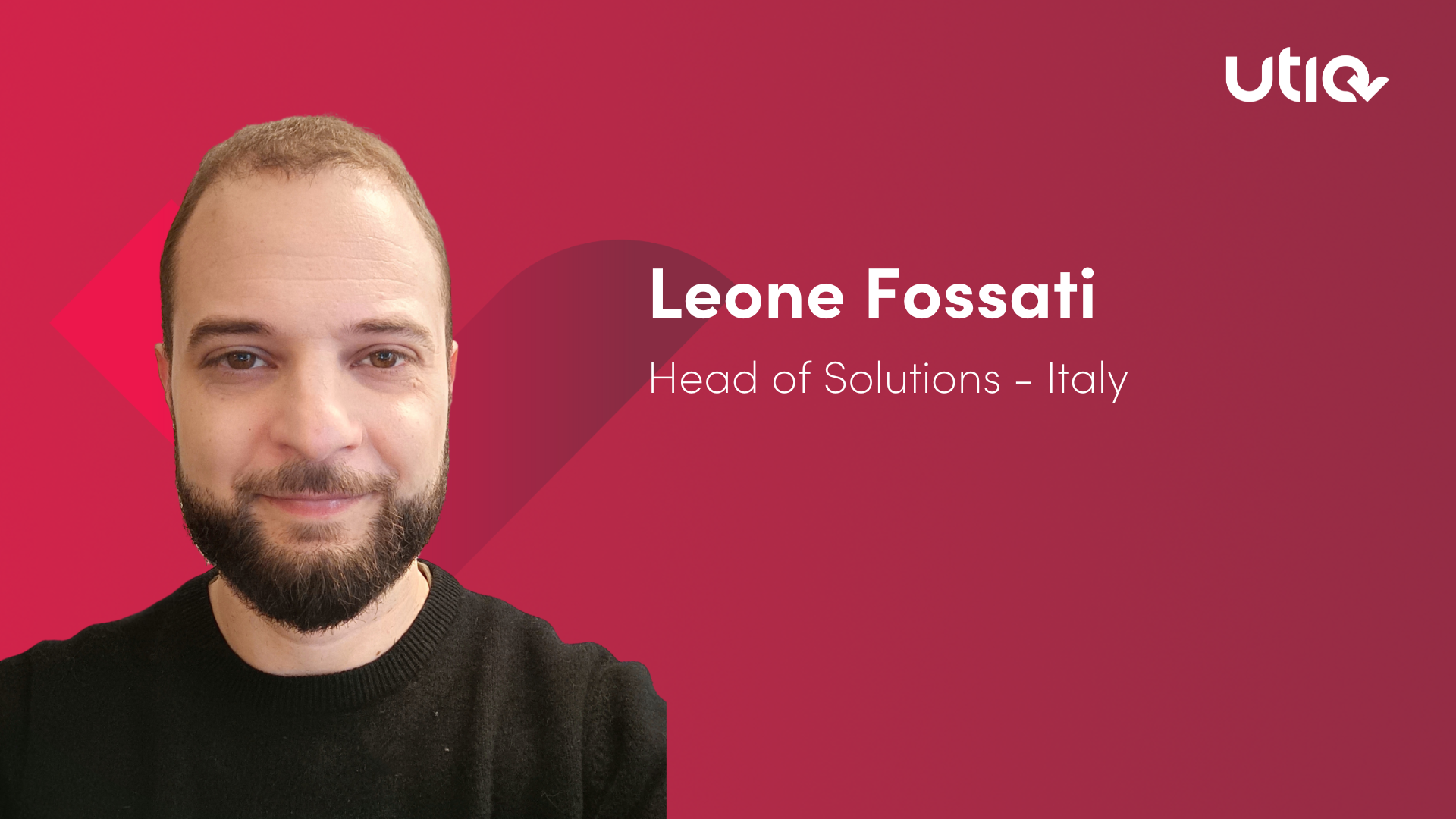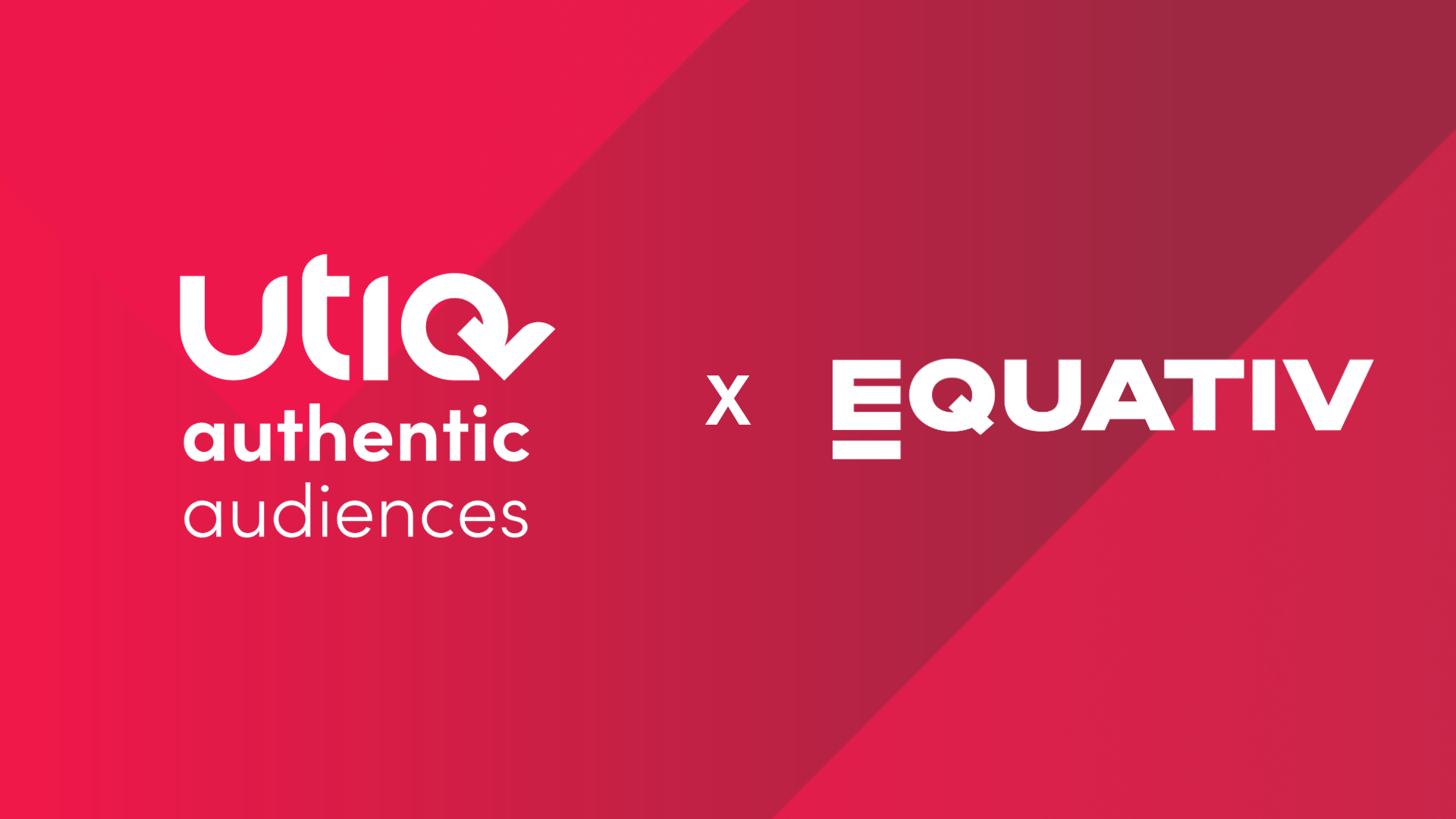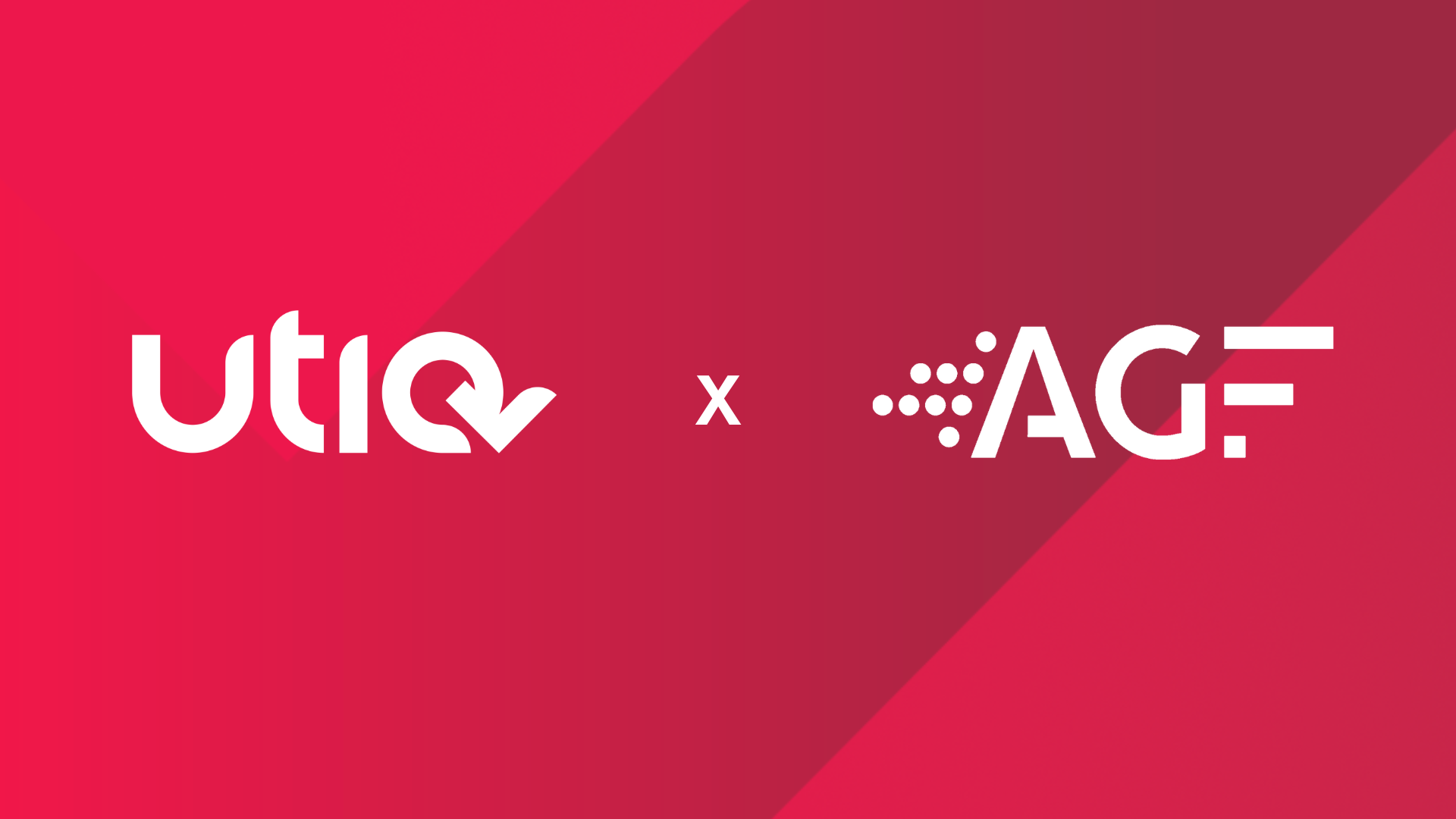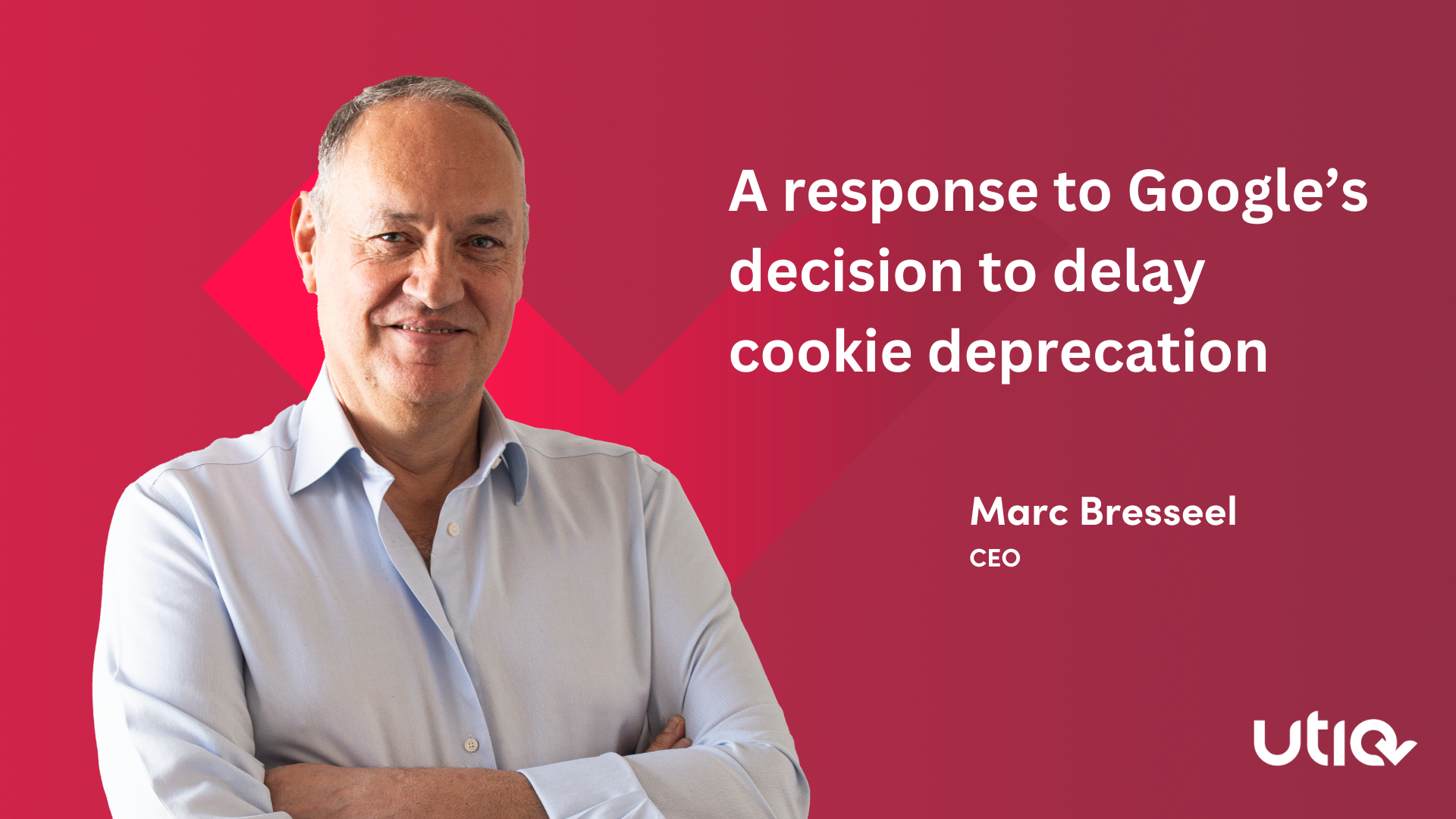THOUGHT LEADERSHIP ESSAYS
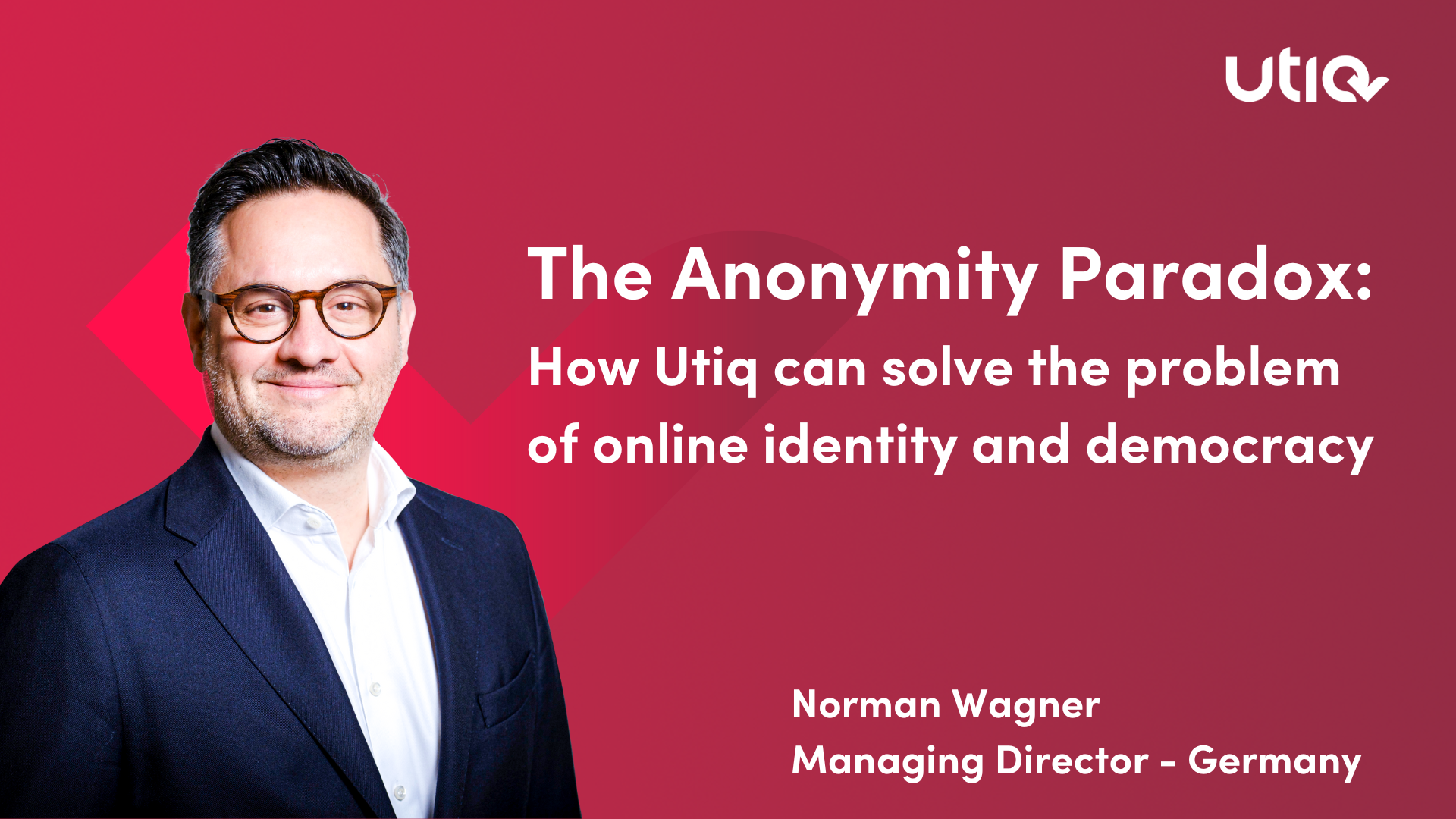
The Anonymity Paradox:
How Utiq can solve the problem of online identity and democracy
Norman Wagner, Managing Director, Germany
Online interactions have become essential in shaping public opinion and influencing decisions, both in political and business realms. However, a significant challenge persists: the rapid proliferation of bots and AI-generated profiles. These entities manipulate narratives, dilute genuine human discourse, and pose a threat to the authenticity of online platforms.
And in this year, more than any other, there is a requirement for honest, evidenced and trusted representation online. Because as Time call it, 2024 is not just an election year. It’s perhaps the election year. Globally, more voters than ever in history will head to the polls as at least 64 countries (plus the European Union)—representing a combined population of about 49% of the people in the world—are meant to hold national elections, the results of which, for many, will prove consequential for years to come.
It’s crucial to understand that many important decisions — whether in politics or business — are increasingly data-driven, often informed by opinions and trends observed on social media platforms. When these data points originate from non-human entities, the implications can be grave. Decisions based on misleading or manipulated information can have adverse effects on public policy, corporate strategy, and even democratic processes.
Enabling a human and responsible digital world for everyone
A potential solution against bot and AI influence — forcing users to register with real names — has its setbacks. Anonymity is a cornerstone of the internet, protecting users from potential threats, safeguarding freedom of speech, and ensuring privacy. The challenge lies in preserving this anonymity while confirming genuine human interactions.
Utiq can potentially play a role beyond advertising, addressing an issue that lies at the heart of modern democracy and society. By uniquely blending technological innovation with a commitment to ethical responsibility, Utiq aims to restore authenticity and trust in online interactions without compromising individual privacy or freedom.
Utiq: A Bridge to Genuine Interactions:
Utiq provides a groundbreaking solution by collaborating with telco networks, capitalising on an existing scaled framework where most Europeans are registered as humans already. In simple terms, Utiq works like this:
- On an opt-in basis, when users provide consent on a platform integrated with Utiq, their IP address is sent to the respective telco
- The telco generates a Network Signal from which Utiq subsequently creates a unique, pseudonymized consentpass to enable personalized online experience and advertising solutions
- Each telco “contract” gets only one singular Network Signal, making the creation of multiple fake accounts nearly impossible
- Utiq provides the consentpass to platform partners, confirming the user’s authenticity without compromising their anonymity
- Platforms can prioritize genuine human interactions, ensuring bots or AI-generated profiles don’t hijack narratives
- User anonymity remains intact, as the process is pseudonymized, with no risk of depseudonymisation through Utiq
We see a number of benefits beyond the improvement of digital advertising consent and data privacy enablement, elevating the potential role of the Utiq service to a greater stage:
Strengthening Democracy:
- Authentic Discourse: Utiq’s solution ensures that political discussions and public opinion online reflect the genuine sentiments of European citizens. By eliminating bot-generated noise and manipulation, it creates an environment where every voice is valid, unique, and human.
- Trust in Information: In a digital age where misinformation can spread rapidly, ensuring content originates from real individuals fosters an increased level of trust in online information sources. When platforms prioritize genuine accounts, users can have confidence in the authenticity of information they consume and share.
- Enhanced Human Engagement: With the authenticity of online interactions validated, politicians and public figures can engage more confidently with their constituents. Genuine feedback and concerns from real citizens can be prioritized, leading to more effective policymaking and more informed decision-making processes.
Fostering Inclusive Communities:
- Protecting Vulnerable Populations: Online bots and fake accounts often target vulnerable groups with misleading narratives. By reducing the influence of these nefarious entities, Utiq’s solution helps protect marginalized communities from digital exploitation and manipulation.
- Upholding European Values: Europe prides itself on its democratic principles, values of free speech, and respect for individual privacy. Utiq’s approach encapsulates these values by emphasizing authenticity without compromising anonymity. This alignment ensures that the digital landscape is a true reflection of European ideals.
Economic & Technological Leadership:
- Innovative Leadership: By adopting and promoting Utiq’s technology, Europe can position itself at the forefront of addressing digital challenges, demonstrating leadership in innovative solutions that prioritize user rights and democratic integrity.
- Economic Opportunities: With trust and authenticity reinstated in online platforms, businesses can also benefit. Genuine user feedback, unadulterated by bots, can drive product innovations, and targeted marketing becomes more efficient when directed at real individuals.
Utiq’s solution is not just a technological innovation for the advertising industry; it can potentially be a cornerstone for ensuring the vitality and integrity of European democracy in the digital age.
By championing Utiq, policymakers and stakeholders have a unique opportunity to strengthen European values, fortify democratic processes, and safeguard the truth and transparency in online discourse. It is imperative to recognize Utiq’s potential and work towards its widespread adoption across online platforms for the betterment of society and the European democratic model.



